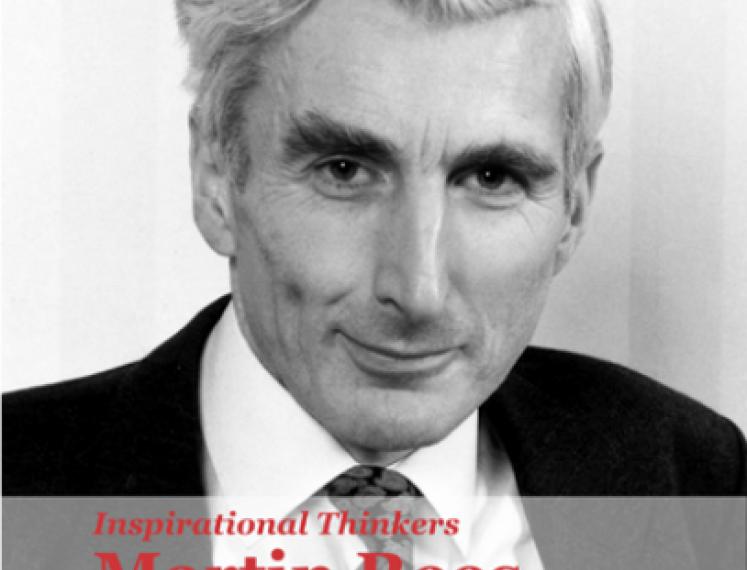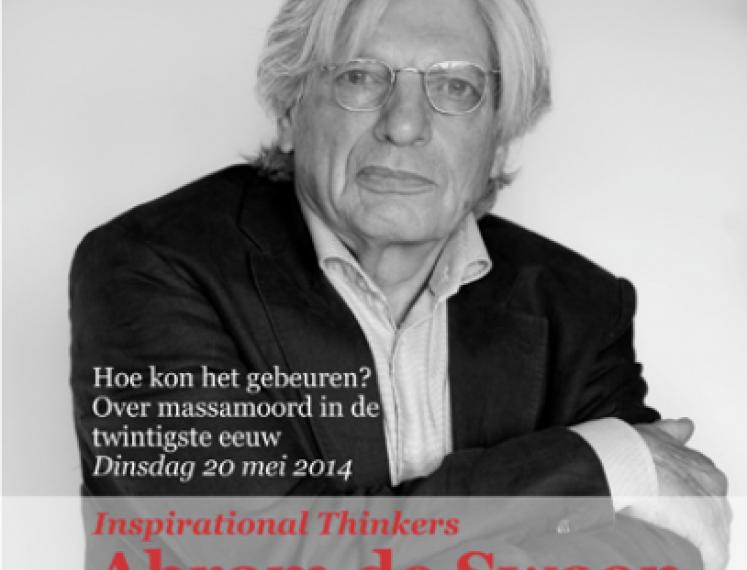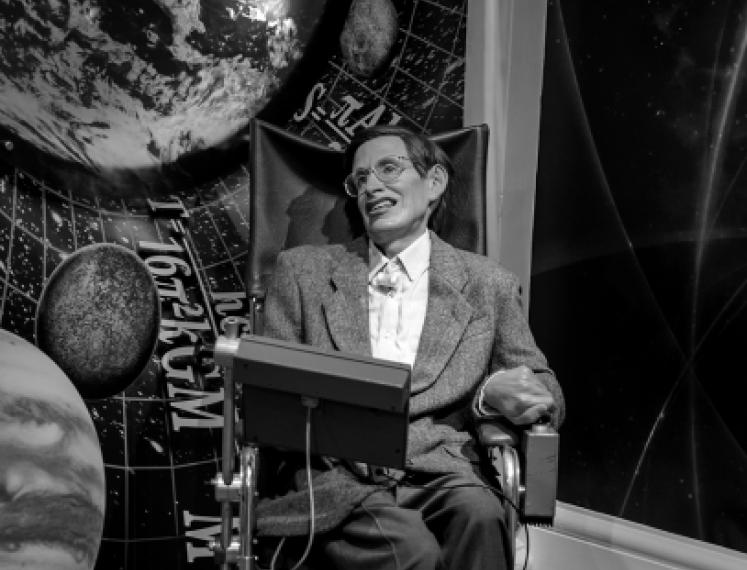Aletta Jacobshal
Blauwborgje 4, Zernike Complex
Groningen
Netherlands
From Mars to the Multiverse
What does recent knowledge of the big bang learn us about the future of our universe? Is there just one universe, or is ours one of many?
Astronomers have made astonishing progress in probing our cosmic environment. We can trace cosmic history from some mysterious 'beginning' nearly 14 billion years ago, and understand the emergence of atoms, galaxies, stars and planets. At the same time, unmanned spacecraft have visited the other planets of our Solar System, discovering varied and distinctive worlds. Looking further afield, we are understanding galaxies in fuller detail, and can trace their evolution back in time to an epoch only a nanosecond after the 'big bang'.
This has been a great achievement on its own. The most fundamental properties of our universe were however established far earlier still (during the first moments after the Big Bang). The physical laws at this time are still unknown, but are now being pinned down by new telescopes. Most recently from ESA's Planck Spacecraft and the 'BIcep2' experiment at the South Pole, which try to observe the universe just after the big bang. These advances pose new questions: What does the long-range future hold? Should we be surprised that the physical laws permitted the emergence of structure and complexity? Is physical reality even more extensive than the domain that our telescopes can probe? And, Is there just one universe, or is ours one of many?
Martin John Rees is Professor of Cosmology and Astronomy at Cambridge University. Rees studied mathematics and received his PhD degree in Cambridge in 1967. After several research fellowships at Cambridge, CalTech, Harvard and Sussex he became Plumian Professor of Astronomy and Experimental Philosophy at Cambridge University in the UK in 1973. From 1992 to 2003, Martin Rees was Royal Society professor at Cambridge. He has made outstanding contributions to our understanding of the early universe and the formation of galaxies. Alongside he has written many popular science books, including ‘What We Still Don't Know‘ and ‘From there to infinity’. From 2004-2012 Rees was president of the Royal Society. Among his many honors he is Astronomer Royal and was created Baron Rees of Ludlow, of Ludlow in the County of Shropshire.
Saleem Zaroubi is Professor of Astronomy and Astrophysics at the University of Groningen
Martin Rees wrote a recommendation for Dutch atstronomer Vincent Icke's latest book ‘Gravity does not exist’. Icke is a great admirer of Rees’s work and will offer him a first copy of this book before the lecture starts.
This lecture is organized in cooperation with the Hendrik de Waard Foundation.
The lecture series is part of the lustrum project ‘400 Days for 400 Questions’ of the Groningen University.





